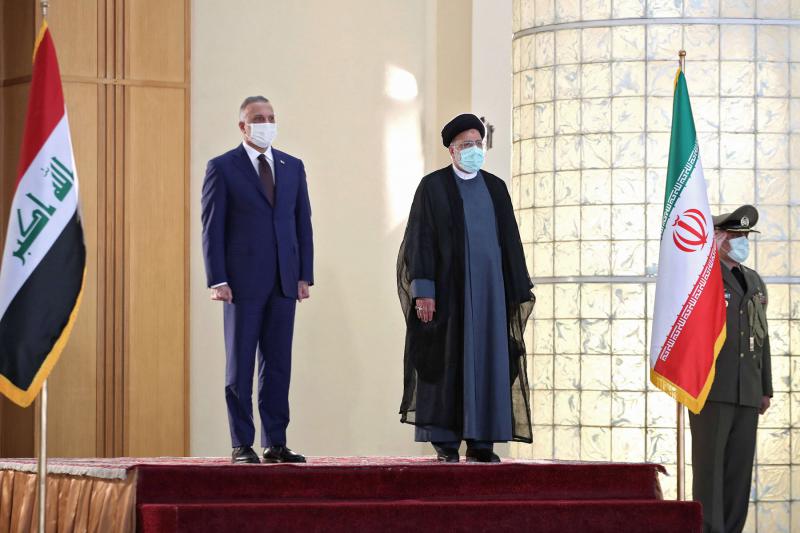Eighteen years since the US invasion of Iraq, the Joe Biden administration is confused about what to do after the administration of George W Bush unleashed an earthquake whose aftershocks have jolted the entire region. What will happen in Iraq after the US military withdrawal within a few months? There is no clear answer except to say that Iran is increasing the pressures to prove that it is the number-one player in Iraq and that there is no going back to the old reality where Iraq is Iraq and Iran is Iran.
What has collapsed in the region is not only Iraq, where the Americans moved in with the help of Iraqi sectarian militias that fought the Iraqi army. The leaders of these militias returned from Iran to Baghdad on the back of American tanks. At the present time, they constitute the most anti-US faction in Iraqi. The “Popular Mobilisation Forces”, an umbrella group of sectarian militias affiliated with Iran, are just an Iranian proxy to put pressure on the United States in Iraq.
What is frightening is that it was not only Iraq that suffered as a result of the change of landscape brought about by the American invasion. As the Iranian expansionist project proceeded, Lebanon has been subjected to a blow that could end up finishing off this country as we know it. At the present time, one can ask if Lebanon as a country actually came to an end with the civil war that began on the thirteenth of April 1975.
It can be said that Lebanon ended before that, with the signing of the Cairo Agreement in November 1969, when the state relinquished part of its sovereignty to the Palestine Liberation Organisation. However, the current reality indicates that Lebanon as a country has become a thing of the past. With Michel Aoun’s accession to the presidency on October 31, 2016 all sectors in the country collapsed as it fell under the yoke Hezbollah and implicitly that of Iran. Lebanon would not have fallen under the full guardianship of the “Islamic Republic” had it not been for Hezbollah’s bullying of the Lebanese. This goes back, before anything else, to what happened in Iraq in 2003 and nowhere else.
That collapse was reinforced with the fall of Iraq. After Iraq’s collapse, Iran was able to move more freely in Syria. It removed the borders between Iraq and Syria and between Syria and Lebanon.
When did Iraq itself collapse? It practically collapsed on the July, 14 1958 when a military coup took a bloody turn that destroyed the Hashemite dynasty, headed by King Faisal II, who was still young and who was a promising figure. Iraq has not seen a happy day since bloodthirsty officers removed a dynasty that was able to bring together Iraqis of all sects, religions and nationalities and was a symbol of openness in the world.
The Iraqi Ba’ath came to complete what the military had done in the summer of 1958. The Ba’ath, with its absurd adventurism, paved the way for an American war that completely destroyed Iraq. The restoration of Iraq seems a difficult task, but it is not impossible, especially if, by some miracle, Iraq can one day rid itself of the gang of opportunists who trade on the Palestinian cause on the one hand, and the Iranian cause on the other.
It is not simply the map of the region that is being redrawn these days. There is a re-examination of the structure of society in many countries. For example, can Lebanon continue to stand on its feet if Hezbollah continues to choose its Christian president, as happened with Michel Aoun? Is there any hope for Syria to become again a normal united country despite the occupations, by the regime, the Iranians, the Russians and Israelis , the last of which has been in place since June-June 1967? This Israeli occupation was and still is, the first guarantee for the regime that never wanted to regain the Golan.
Nothing will be clear in the region before the situation in Iraq changes. It will be different when Iraq regains its role as balancing factor in the region and is no longer just as an Iranian arena.
There is no place for much optimism, despite the tireless efforts of the government of Mustafa Al-Kadhimi, especially since the Biden administration does not have, until further notice, any answer to a very simple question: does Washington really have an Iraqi policy?
Source (Click Here)


 RSS Feed
RSS Feed